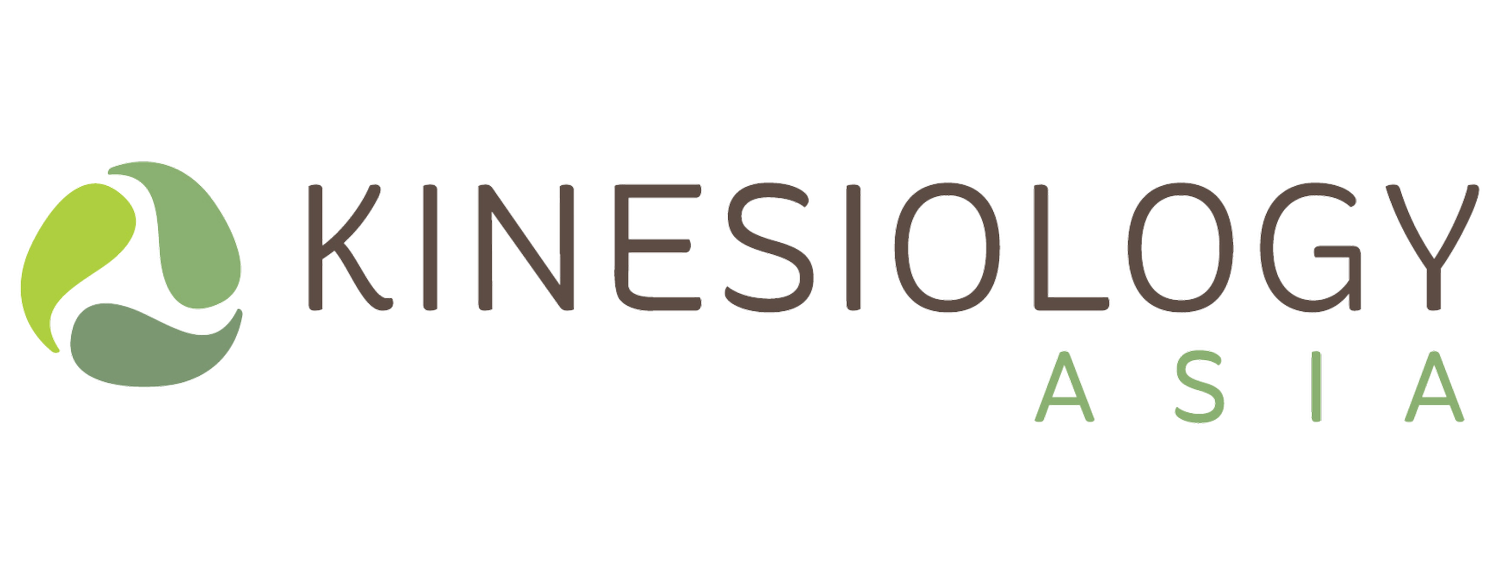Frequently Asked Questions
-
As a holistic modality, Kinesiology is capable of addressing an incredible range of issues. A kinesiologist could be working with structural injury, problems with organ/gland function, neurological miscommunication, through to psycho-emotional issues; and more often, combinations of these. Over time, a Kinesiologist may choose to develop specialities in areas of interest and/or experience.
-
The HKPRAC is designed to offer the best tools and knowledge possible to students looking to work professionally as Kinesiologists. By incorporating supervision and mentoring into the course, KA offers the chance for students to get further hands-on practice closer to the reality of clinic work and with personal feedback to aid the students’ development. While KA will give you the tools and knowledge, you still need to be prepared to find your own clients and have the confidence to work with them professionally. We can point you in the right direction but in the end a learner must be prepared to take responsibility for their emotional and psychological readiness.
-
Possibilities include:
Working from home
Working from a commercial space
Working in a Kinesiology clinic with other Kinesiologists
Working in a multi-modality health center
Working with a professional sports teams or corporate company
Kinesiology is a relatively new and unknown modality in this part of the world. We have seen it grow considerably since the mid 2000s, and we recognise the potential untapped markets out there for those who are entrepreneurial-inclined. How large it will grow, or how quickly, is a difficult question to answer. Those looking for already established pathways might find it limited, as this field requires a fair amount of self-drive and independence. However, those with the motivation, vision and resourcefulness could make it almost anything.
-
Hugo Tobar, from the NK INSTITUTE in Australia, has developed the majority of workshops taught in the HKPRAC. Sean Bilkey from KA has also developed a number of workshops based on, and integrated with, Tobar’s work. KA designs the way the workshops are delivered and we also develop materials to supplement the workshops.
-
The skills you gain from the HKPRAC are adequate to prepare you for work as a professional kinesiologist. However, most learners who are serious about taking up Kinesiology as a professional career never cease studying and learning. The further you go with your learning the greater the impact you can potentially have on the health and well-being of others. Undertaking further studies allows practitioners to continually broaden their skill base and move into even more specialised areas. KA does offer a wide range of advanced level workshops; which students may pick and choose from.
-
No. We understand that not all students necessarily wish to work professionally, and may not want to invest all that time and money into supervision and mentoring. Students are welcome to just continue taking the workshops, simply enjoying the process of learning Kinesiology. Students will not qualify for the HKPRAC Practitioner of Kinesiology certificate until they have completed the supervision and mentoring component, however, they will be awarded certificates of attendance for every individual workshop they complete.
-
Students may decide to stop the course for different reasons. Sometimes unexpected life events pop up or sometimes a student may decide this is not the path for them. A student may decide to cease their studies indefinitely, or perhaps postpone to a later date. With postponement, a student is welcome to come back the following course and re-do it without extra cost. However, if a student leaves it any longer than that, or chooses to walk away indefinitely, they will forfeit any fees already paid.
-
The HKPRAC course is built around hands-on learning, and there are no assessment tasks, written or other. We do not believe students need traditional exam pressure or written assessments to master the techniques and application of Kinesiology, but rather commitment to steady and consistent practice of what they are learning.
-
The implications of missing a workshop will vary depending on what stage of the course it happens. During the first two tier phases (Principles and Foundations) it is crucial that students attend all workshops in the sequence they are taught. At these early stages, most of the workshops build sequentially upon each other, and missing certain workshops at this stage would potentially halt your development and prevent you continuing. Once a student progresses into the third tier of workshops the sequence is no longer that critical, and missing a workshop at this level will not prevent a student from continuing to take further workshops. A student in this situation would then have the option to pick up the missed workshop next time the course is run (Note: it will likely be a further 12 months at the earliest before that workshop is offered again).
